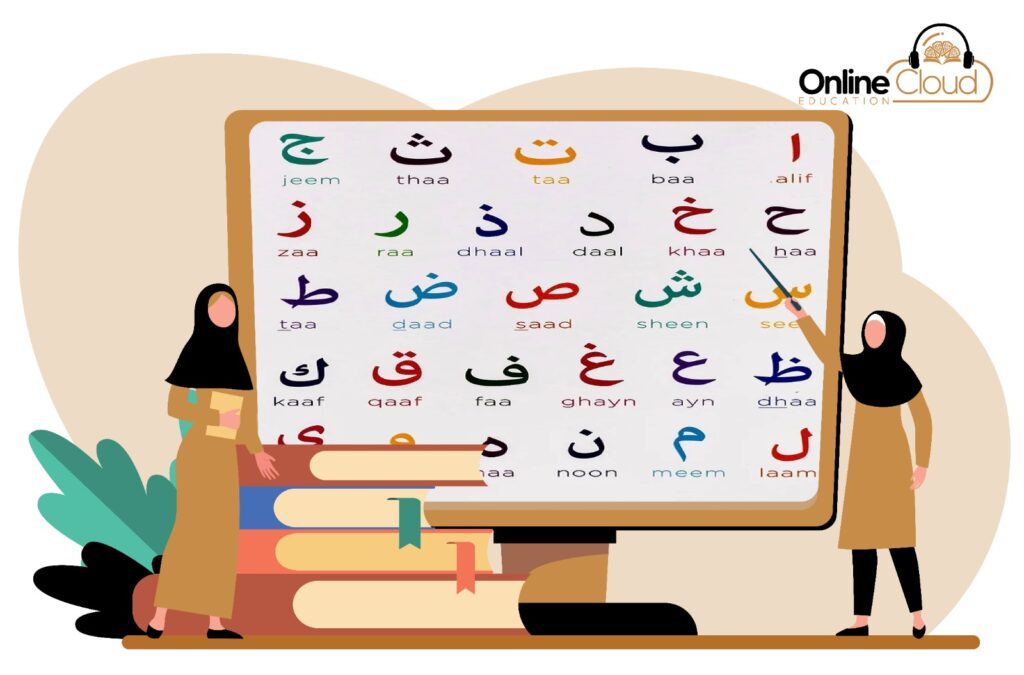History and Evolution of Ijaza in Islamic Education The tradition of Ijaza, meaning “authorization” or “permission,” holds a revered place in Islamic education as a means of transmitting knowledge from teacher to student across generations. This system, deeply rooted in the oral tradition of Islam, has played a crucial role in preserving and disseminating sacred texts, scholarly interpretations, and religious practices throughout history.





